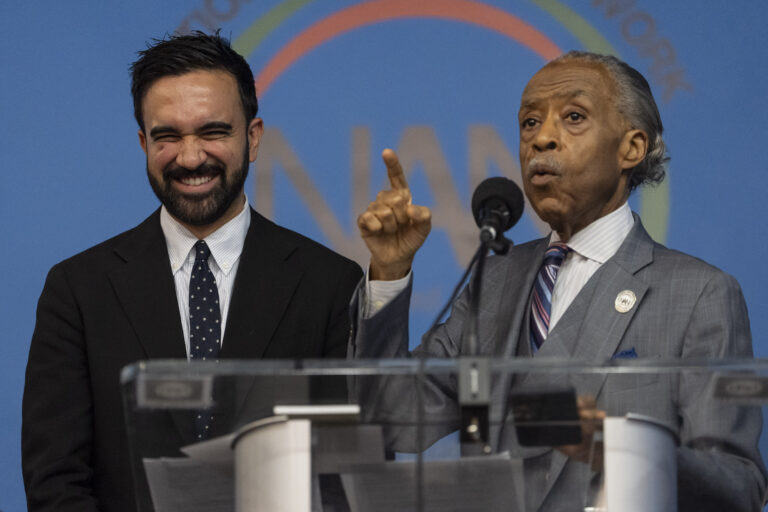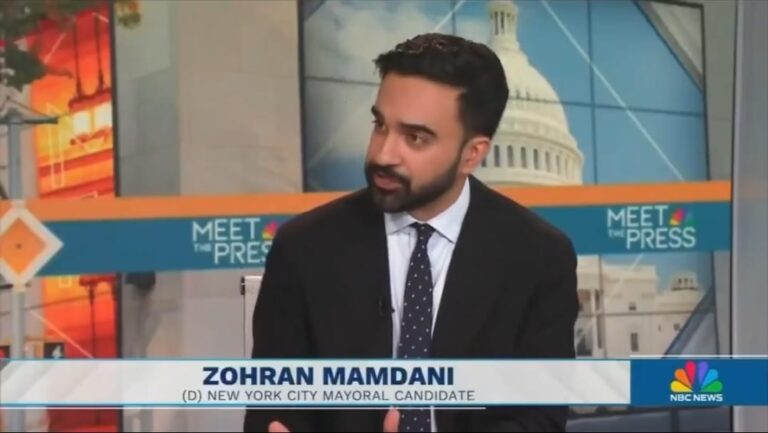 Nearly two-thirds of Uber drivers use the ride-hailing service to collect additional income to supplement full- and part-time jobs. But in three large metropolitan cities, drivers make far less than the national average, about $20 per hour, after expenses.
Nearly two-thirds of Uber drivers use the ride-hailing service to collect additional income to supplement full- and part-time jobs. But in three large metropolitan cities, drivers make far less than the national average, about $20 per hour, after expenses.
In Detroit, drivers make on average $8.77 per hour.
In Houston, $10.75 per hour.
And in Denver, $13.17 per hour.
Those figures come from a report published by BuzzFeed News last week, which, based on what BuzzFeed said were leaked internal Uber payscale and driver history documents, estimates hourly wages after expenses, including vehicle depreciation, insurance, maintenance and gasoline.
Uber, using other internal data, performed recalculations using BuzzFeed’s expense formula and came to the above earnings numbers.
But even after all that convoluted math, labor groups think drivers earn less money. And Uber thinks they earn more, or at least earn money at a more efficient rate than typical workers do.
A Washington Post evaluation of the data is found in the accompanying chart.
An Uber spokesman, who requested anonymity to discuss company policy, said the company is reluctant to estimate drivers’ expenses, since the app technically doesn’t employ its drivers. They’re considered independent contractors using the app as a service to connect them with riders.
As such, the spokesman said, how could Uber calculate expenses when drivers make individual choices for their vehicles? For example, perhaps one driver only works 10 hours a week and drives a Toyota Prius and another works 40 hours a week in a Chevy Suburban. Fuel expenses are wholly different between the two. Insurance costs are different. The cost of tires are different.
It would be wrong, or at least very challenging, he said, to calculate expenses with such a diverse clientele. Eliminate outliers in the data, he said, and average earning in Detroit, Houston and Denver could be higher.
But factor in taxes and miles driven without a fared passenger, and earnings are probably much lower, said Lawrence Mishel, president of the nonpartisan Economic Policy Institute.
Since drivers are independent contractors, they pay double the taxes on wages that typical workers do. They pay the portion typically reserved for employers along with standard payroll taxes. So add in another 7.65 percent in taxes.
Translate that into dollars and cents, and it cuts a full dollar out of a $13 an hour wage. With taxes alone factored in:
Detroit drivers make $8.10 an hour.
Houston drivers make $9.93 an hour.
And Denver drivers make $12.17 an hour.
That’s barely above minimum wage. In fact, it’s 40 cents below Detroit’s minimum wage.
“Uber likes to play it both ways,” Mishel said. “It claims that it’s the future of work, while it also emphasizes that most of the drivers work less than 10 or 12 hours a week. They want to be the wave of the future, but they also want to picture themselves and their drivers earning [extra] money.”
Plus, Mishel said, factor in the cost of miles driven without a fared passenger. Say you live in the suburbs but drive into the city to pick up fares. That’s extra mileage just to get to your destination. Then, say a passenger asked to be picked up across town. That’s another however many miles just to get them.
According to Uber’s internal measurements, about half of the hours logged into the app in New York City are spent without passengers in the car. And that’s in one of Uber’s busiest markets in the country. So even if we distribute that rate to less busy cities like Detroit, Houston and Denver, you have to double the expenses paid by each driver, which BuzzFeed worked out to $1.50 an hour.
So our new formula, is:
Hourly earnings (equals) (BuzzFeed data) – (7.65 percent in taxes) – ($1.50 in nonpassenger expenses)
And that gives us the following:
Detroit: $6.60 per hour
Houston: $8.43 per hour
Denver: $11.21 per hour
In other words, not a lot of money.
(c) 2016, The Washington Post · Jacob Bogage











One Response
I love it when there are two separate sets of books. One for the general population and another for the wash post when bashing uber. The minimum wage is based on gross income, not net income (ie before taxes not after taxes). However the wash post decided to enhance their article by pointing to net income in this case. This is wrong.